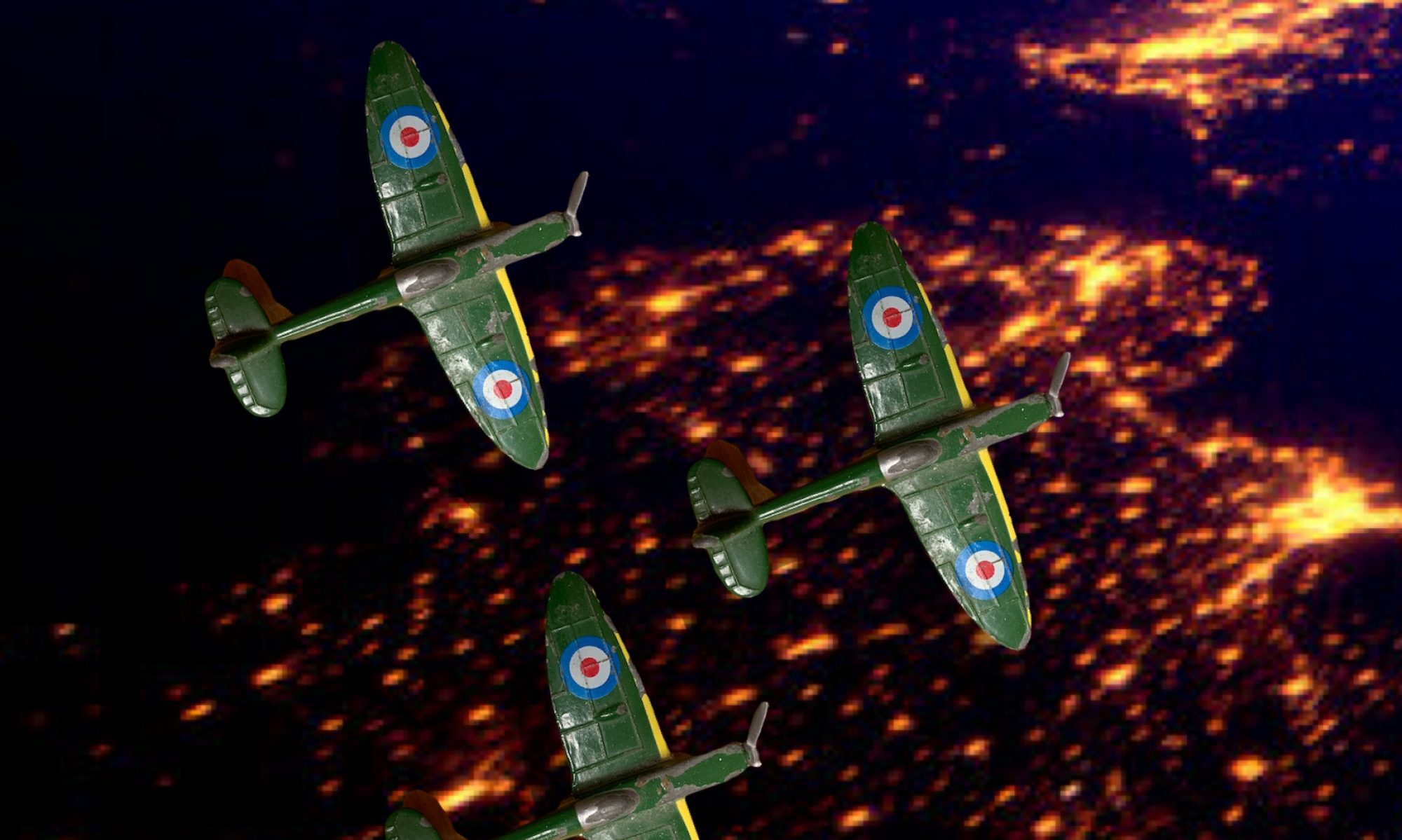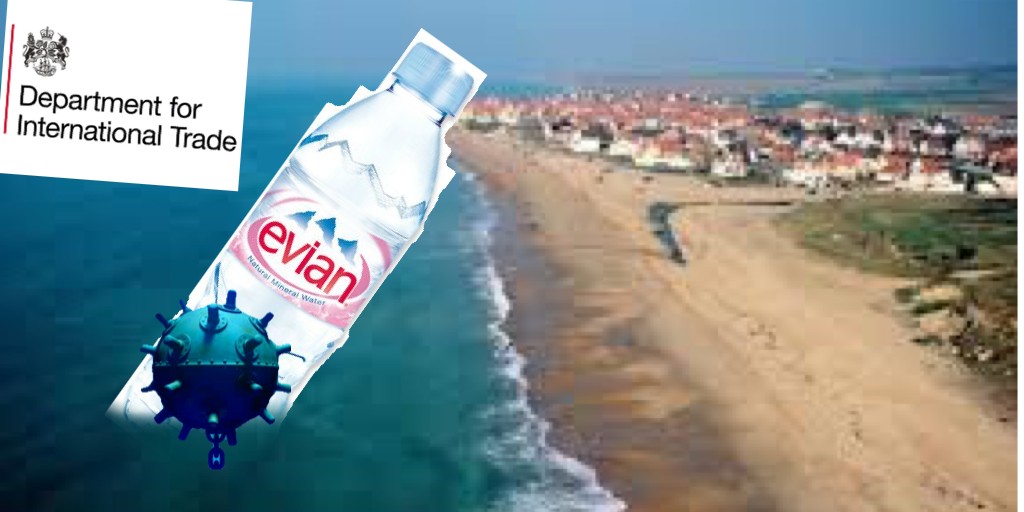The Royal Navy struck the first blow for Global Britain today in the new era of international trade, birthed by the geniuses at Downing Street, as hundreds of naval mines were laid in French waters.
”It was Liz Truss’s idea,” Field Marshall Liz Truss (recently promoted) told LCD Views, “If we’re going to force the French to buy prime British cheddar after Brexit, we’re going to need to convince the French. This will likely involve a land invasion, so I have requested my colleagues at the Royal Navy to pave the way underwater.”
She then went on,
”Did you know British cheese makers are the finest in the world and it’s a scandal that anyone in Europe makes their own?”
Other plans are thought to involve a total naval blockade of French fishing ports and the aerial bombardment of Paris with speeches by Wafflefuhrer Boris Johnson (recently sideways promoted).
But critics of the strategy are questioning whether it’s really value for money? And just how many trade deals do we expect to make with such a belligerent foreign policy?
”It worked in the past,” Gunner Gove (recently promoted) told us, “why won’t it work now? We never had a problem invading our neighbours for commercial reasons prior to joining the EU. No reason why it won’t work now.”
Still, in spite of the impressive size of the Evian bottles that the MOD propaganda arm have specially commissioned (private suppliers), constructed to specifications designed by Lord Rees-mogg (inherited title), in order to be able to contain the naval mines and float, it’s inclear if the actions won’t have unexpected consequences.
”What, like closing the Chunnel six months early?” scoffed Lance Corporal Liam Fox, head of the Department for International Trade,
“This just gives us the initiative. Believe you me, this will be the easiest naval action in history, better even than Gallipoli. And it gives us green points too, as the plastic bottles are so strong they’ll contain the blasts and are as such, reusable.”
But what if, in the unlikely event, it doesn’t work as planned?
”We’ve thought of that too,” Lance Corporal Fox said, “we’ve made David Davis head of strategic retreats.”


